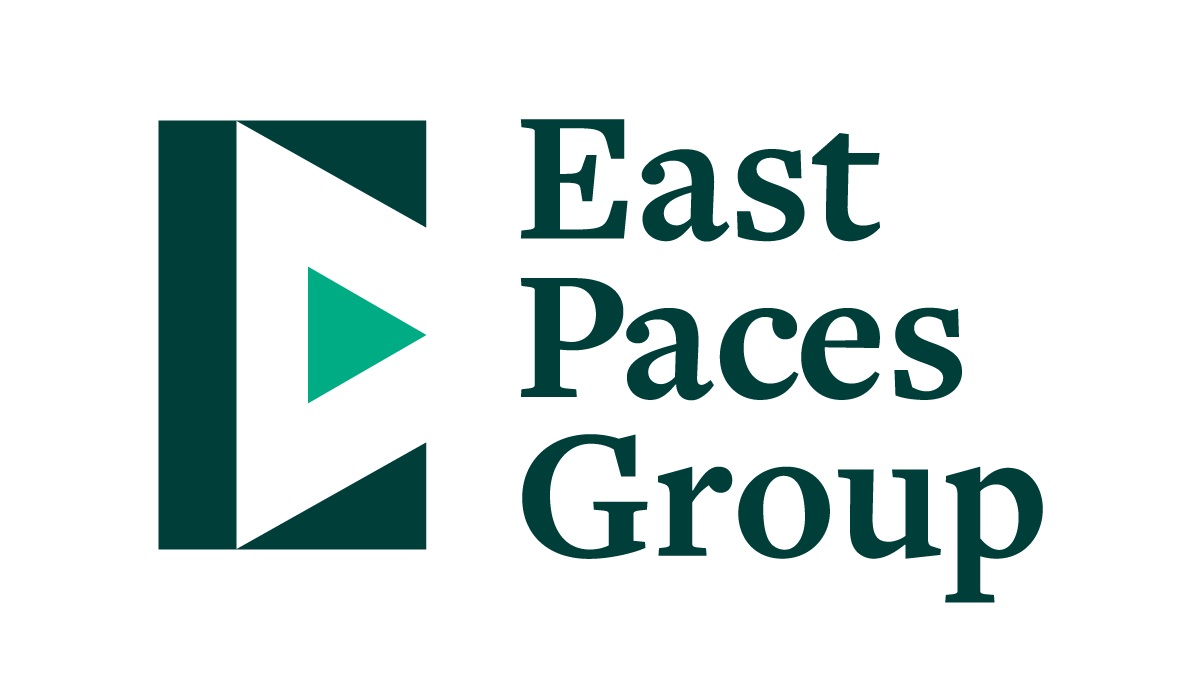How to Find Hidden Retirement Money
By Rodney Brooks, 9/25/2020
David Curry, principal and co-founder of East Paces Group, says lost accounts often come up through his initial information gathering meeting with a client.
Baby Boomers have worked an average of 12 jobs, according to the U.S. Bureau of Labor Statistics. During each job change, a retirement account can get lost in the shuffle.
Some people lose track of a retirement plan and need to find a lost 401(k) later. "Life gets in the way. You move on and forget," says David Curry, principal and co-founder of East Paces Group in Atlanta.
Contact Your Former Employer
Some workers leave their pension, 401(k) account, or other retirement benefit in the care of their former company when they change jobs. Sometimes people forget about retirement plans from a previous employer.
If you think you left money behind at a former employer, call that company's human resources department. Ask for the name and phone number of the plan administrator. "Reach out to the benefits folks. Stay on the phone with them until you get your answers," Curry says. "You've got to ask the right questions. Find out where it is."
If your former company went out of business or was bought or merged with another company, it may take some research to figure out who to contact, but funds may still be available to you. A pension plan can be significantly more money and require more financial guidance. "Pensions can be much more complex," Curry says. "Lots of times they don't know the pension's payout or what their options are, but finding it is step No. 1."
Work With a Financial Advisor
A financial advisor can help you manage various retirement accounts or track down retirement benefits. Curry says lost or forgotten accounts come up through his initial information gathering meeting with a client. "What we do is start with a financial plan and start gathering data," Curry says. "We find out about them and their employers. We ask them, 'After you left this company, did you roll this into another plan?' During the exercise we find buckets they have forgotten about or that need attention."
Click Here to read the full article on U.S. News & World Report.

